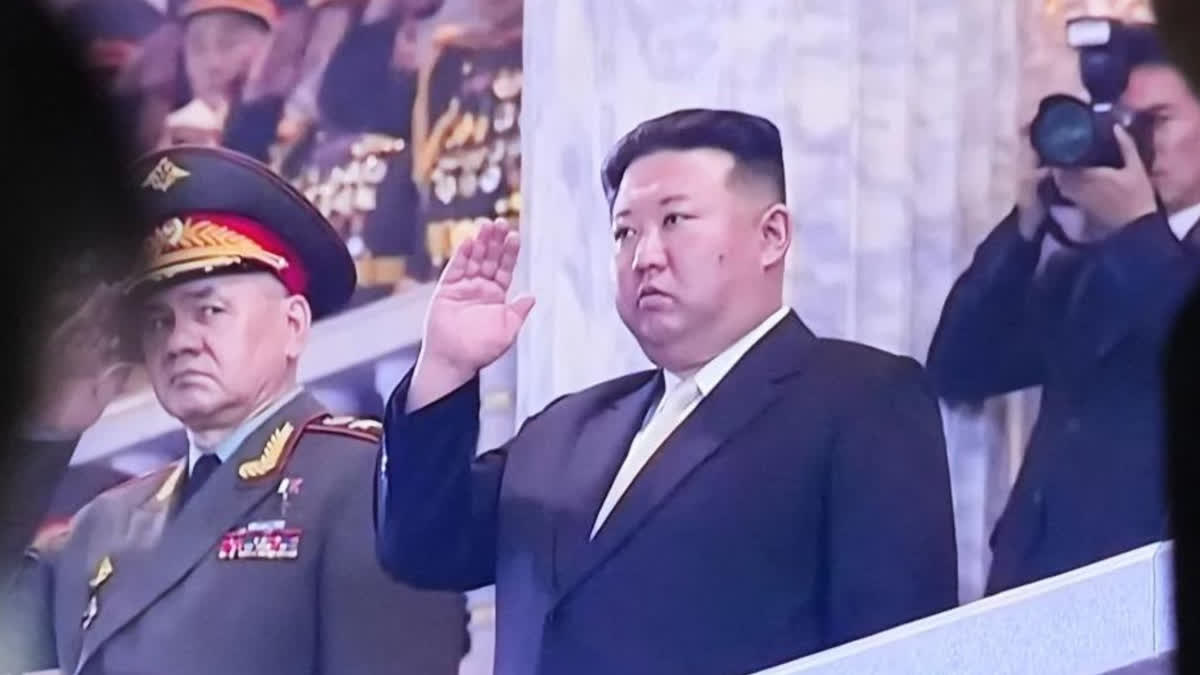Seoul: North Korean leader Kim Jong Un threatened more offensive actions to repel what he called increasing US-led military threats after he supervised the third test of his country's most advanced missile designed to strike the mainland US, state media reported on Tuesday.
Kim's statement suggests he is confidant in his growing missile arsenal and will likely continue weapons testing activities ahead of next year's presidential election in the United States. But many observers say North Korea still needs to perform more significant tests to prove it has functioning missiles targeting the US mainland.
After watching Monday's launch of the Hwasong-18 intercontinental ballistic missile, Kim said the test showed how North Korea could respond if the United States were to make "a wrong decision against it, according to the official Korean Central News Agency. Kim stressed the need to never overlook all the reckless and irresponsible military threats of the enemies and to strongly counter them with more offensive actions, KCNA said.
The Hwasong-18 ICBM is a developmental, solid-fuelled ICBM that is considered North Korea's most powerful weapon. Its built-in solid propellant makes launches harder for outsiders to detect than liquid-fuelled missiles, which must be fuelled before liftoffs. But many foreign experts say North Korea still has some other technological hurdles to master to acquire reliable nuclear-tipped ICBMs, such as one to protect warheads from the harsh conditions of atmospheric reentry.
KCNA said the Hwasong-18 missile, launched on a high angle to avoid neighbouring countries, flew a distance of 1,002 kilometers (622 miles) for 73.5 minutes at a maximum altitude of 6,518 kilometers (4,050 miles) before landing in an area off the North's east coast. It said Kim expressed great satisfaction with the launch, which verified again the reliability of the most powerful strategic core striking means of North Korea.
It was the North's third test of the Hwasong-18 missile. Its two previous launches occurred in April and July. Based on their statement, this looks to have been an exercise in signalling and a developmental test in one, said Ankit Panda, an expert with the Carnegie Endowment for International Peace. There's nothing new here technically as far as I can tell at this early stage, but they're certainly growing increasingly confident in their new solid propellant ICBM.
